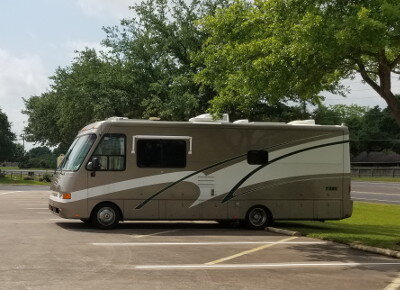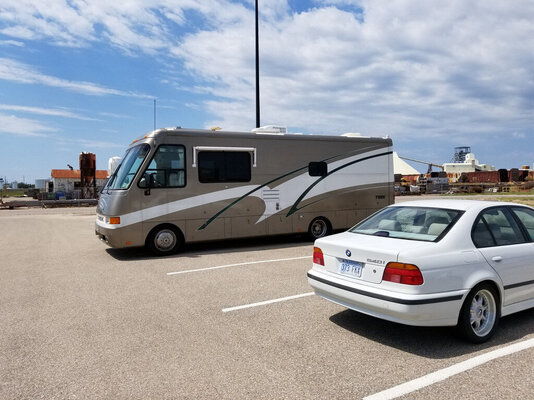Greetings All,
Newcomer here.
My wife and I are planning a 1 year road trip around the U.S. and we have decided on a Class B Van for our excursion. Because we know we will only own the camper for a little over 1 year, we are trying to choose our Make and Model strategically, keeping in mind the resale value.
We are wondering the best approach for determining this metric and figuring out which models have the best resale as either "shortest time listed on the used market" or "percentage of premium lost" in a 1 year time frame.
I'm curious what approaches you all might use to determine such a thing?
Appreciate any feedback.
Thank You.
Newcomer here.
My wife and I are planning a 1 year road trip around the U.S. and we have decided on a Class B Van for our excursion. Because we know we will only own the camper for a little over 1 year, we are trying to choose our Make and Model strategically, keeping in mind the resale value.
We are wondering the best approach for determining this metric and figuring out which models have the best resale as either "shortest time listed on the used market" or "percentage of premium lost" in a 1 year time frame.
I'm curious what approaches you all might use to determine such a thing?
Appreciate any feedback.
Thank You.


